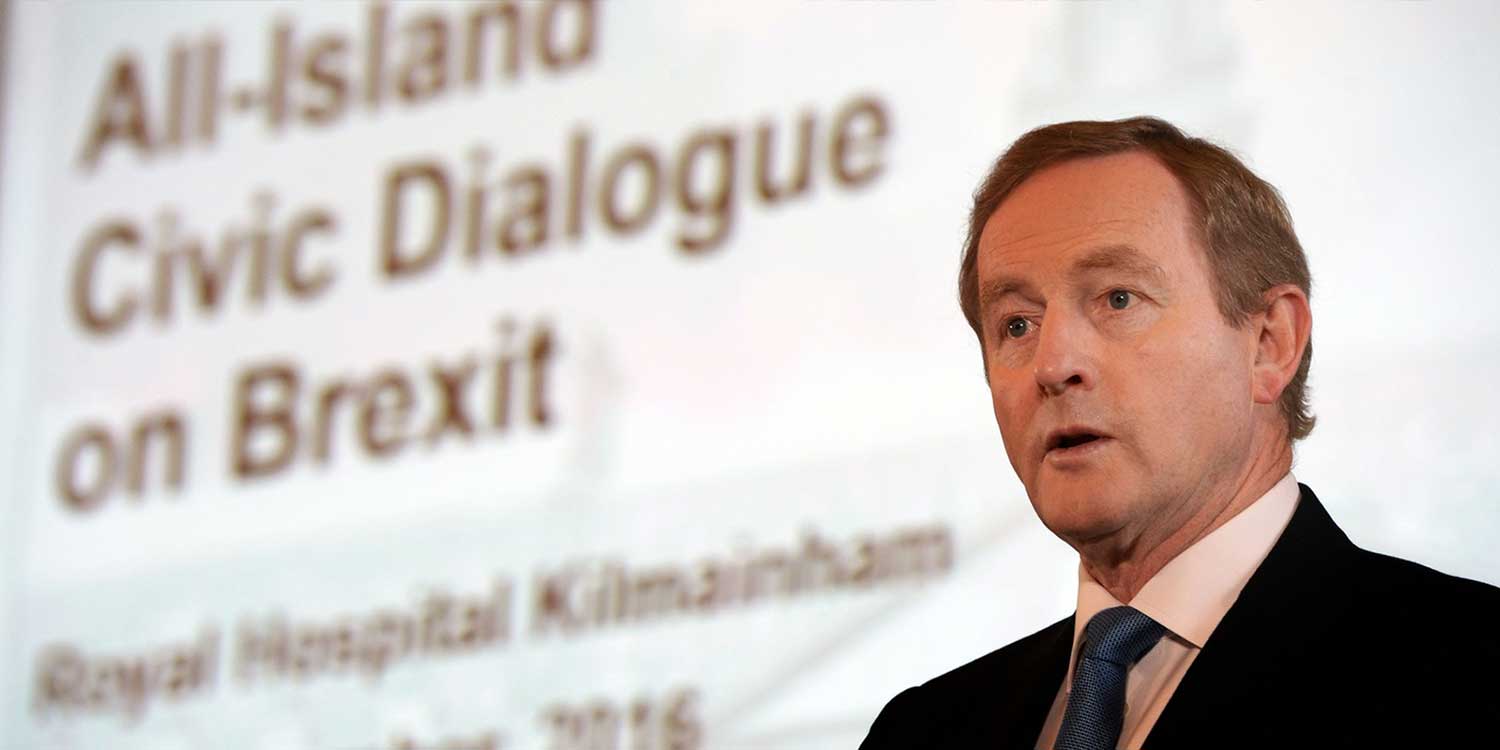Department of Agriculture’s All Island Sectoral Dialogue on Brexit

Following on from the All-Island Civic Dialogue, hosted by the Taoiseach in November, Agricultural Minister, Michael Creed, and his department held a discussion on the challenges posed by Brexit on December 15th.
As well as giving an introduction to the new Brexit unit within the DAFM, the focus of the meeting was on the practical implications of Brexit, particularly on cross-border trade and the potential responses to be considered within the milk and dairy, cattle and sheep, and pigs and poultry sectors.
While it was mutually agreed that the best outcome of the negotiations would be for the UK to remain within the single market, it was emphasised that should this not be an option, the agricultural negotiations must prioritise securing recognition of certifications in order to ensure continued market access. Additionally participants supported a transitional arrangement being put in place, between the time when the UK leaves the EU and their new relationship terms are established. This would allow industry the time needed to adjust supply lines and find new markets, if necessary.
[readmore]
Customs issues, origin labelling, the logistics of using land-bridges north and south to transport goods to the UK, were mentioned as the most likely issues facing cross-border trade. To overcome these, it was argued that the Brexit negotiations must acknowledge the special relationship between north and south of Ireland and secure the continuation of the all-island dairy economy by seeking recognition of the “status of Irish milk”, similar to the EU agreement on halloumi cheese in Cyprus.
Faced with the prospect that Irish market share will be threatened by cheaper imports, should the UK be free to enter into trade agreements with countries such as New Zealand and South Africa, Minister Creed announced an additional €1.6 million in promotional funding was available to Bord Bia in 2016, with further funding would come in 2017, in order to consolidate markets in UK as well as open new markets elsewhere.
The Minister has also committed to hosting further stakeholder dialogue meetings throughout the Brexit process in order to combat uncertainty in the industry and to ensure informed responses are made to the challenges ahead.
By Alison Graham
European Affairs Executive